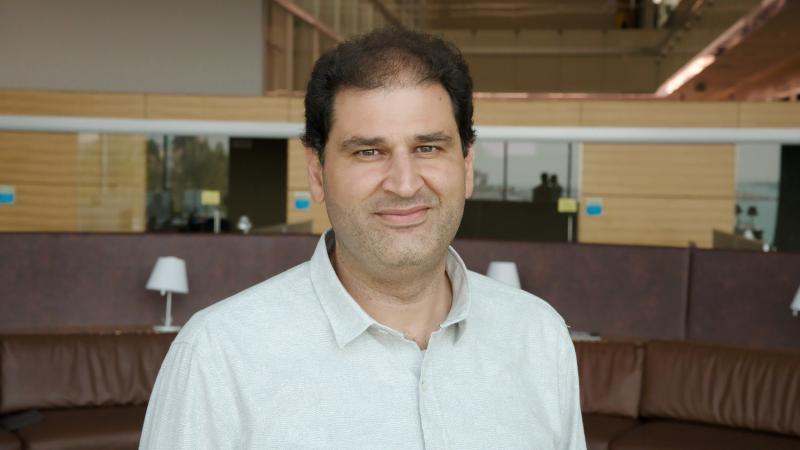© 2015 Alamy
The rapid expansion of wireless internet services and mobile applications has led to the demise of the radio spectrum in many countries, yet power consumption by radios is about half that of mobile devices. Research from KAUST's Computer, Electrical and Mathematical Science and Engineering (CEMSE) Division shows new efficiencies for radio that could assist green communications.
More efficient use of radio frequencies is offered by cognitive radio systems that automatically detect sections of the spectrum that are unoccupied and use these spare channels to communicate. However, the current technology of spectrum sharing is extremely inefficient and does not consider the spectrum sensing — the component in the cognitive radio system that could detect unoccupied bands.
KAUST Assistant Professor Basem Shihada and co-workers from CEMSE have proposed two resource allocation schemes to utilize the spectrum and reduce energy consumption. Their performance analysis showed that implementing these schemes could save cognitive radio systems up to 20 joules of energy per bit of spectral information.
Reducing transmission power is a common strategy to improve the energy efficiency of cognitive radio systems, but too great a reduction can reduce the system reliability. Previous research has tried to address this problem by optimizing the power allocation of spectrum sharing through resource allocation schemes. However, no one has examined the impact of soft spectrum sensing and sensing thresholds on overall energy-efficient performance.
Read the full article

